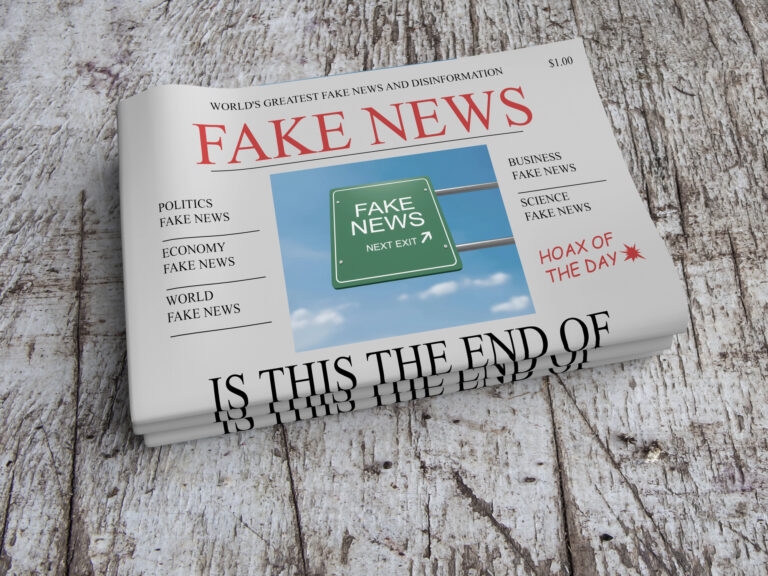Critical Thinking in Politics
Critical thinking plays a vital role in navigating the complexities of politics by helping individuals analyze rhetoric, claims, and political strategies. In the area of political rhetoric and manipulation, critical thinkers recognize how language can be used to obscure truth or mislead, such as through doublespeak or euphemisms, and they learn to spot emotional manipulation like fear-mongering or scapegoating. When evaluating unsubstantiated claims, critical thinkers apply rigorous fact-checking and rely on credible sources to assess political promises and accusations. In the context of voting, they critically evaluate political platforms, speeches, and debates while being aware of how confirmation bias can shape political decisions, ensuring a more informed and objective approach to political participation.
Examples for application in politics
- Political Rhetoric and Manipulation: How political language can obscure meaning or mislead (e.g., doublespeak, euphemisms). Spotting emotional manipulation (fear-mongering, scapegoating).
- Identifying Unsubstantiated Claims: How to evaluate political promises and accusations. Fact-checking and reliable sources.
- Critical Thinking in Voting: How to critically assess political platforms, speeches, and debates. The role of confirmation bias in political choices

Understanding Religious Fanaticism and Cult-like Sects
Understanding Religious Fanaticism and Cult-like Sects: A Critical Thinking Approach Introduction Religious fanaticism and cult-like sects

Political Disinformation
Political disinformation: A Threat to the International Political Landscape The key difference between misinformation and disinformation

Conspiracy Theories are always there, why?
Conspiracy Theories: What They Are, How They Arise, and How to Guard Against Them Conspiracy theories






